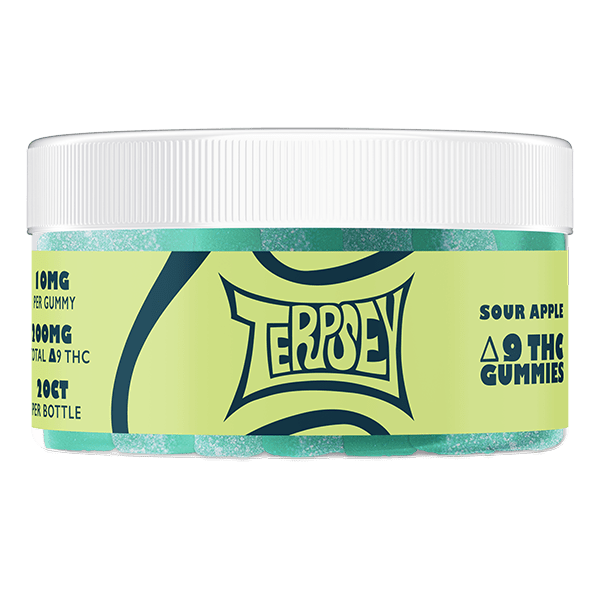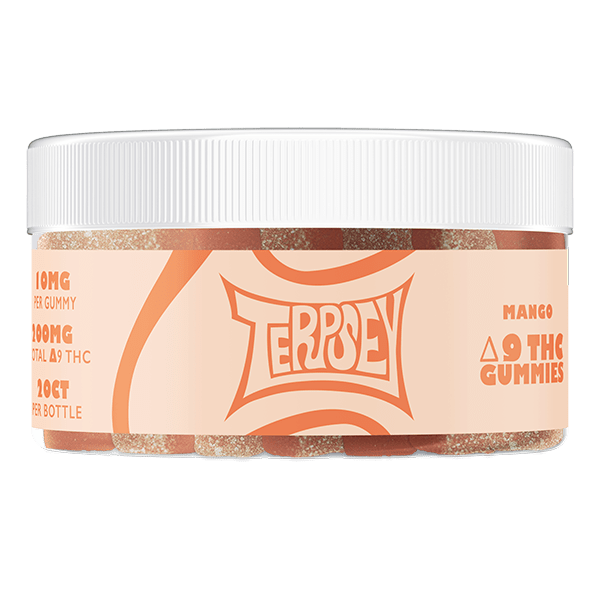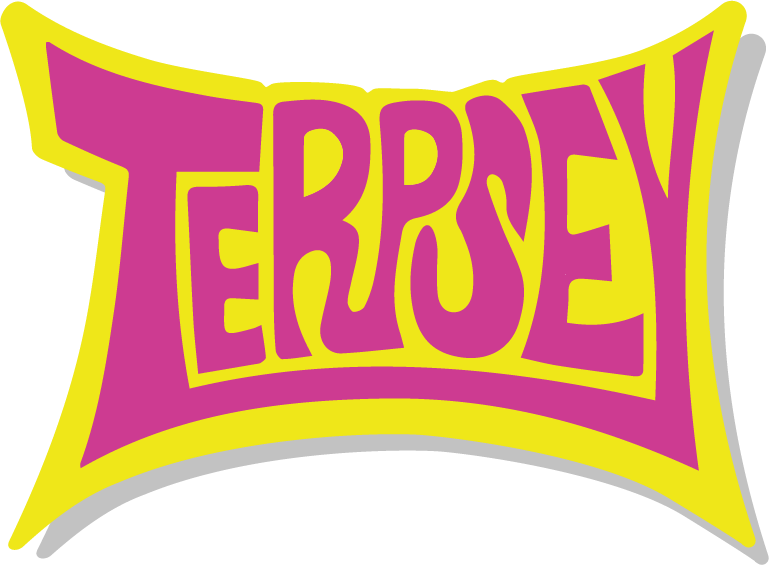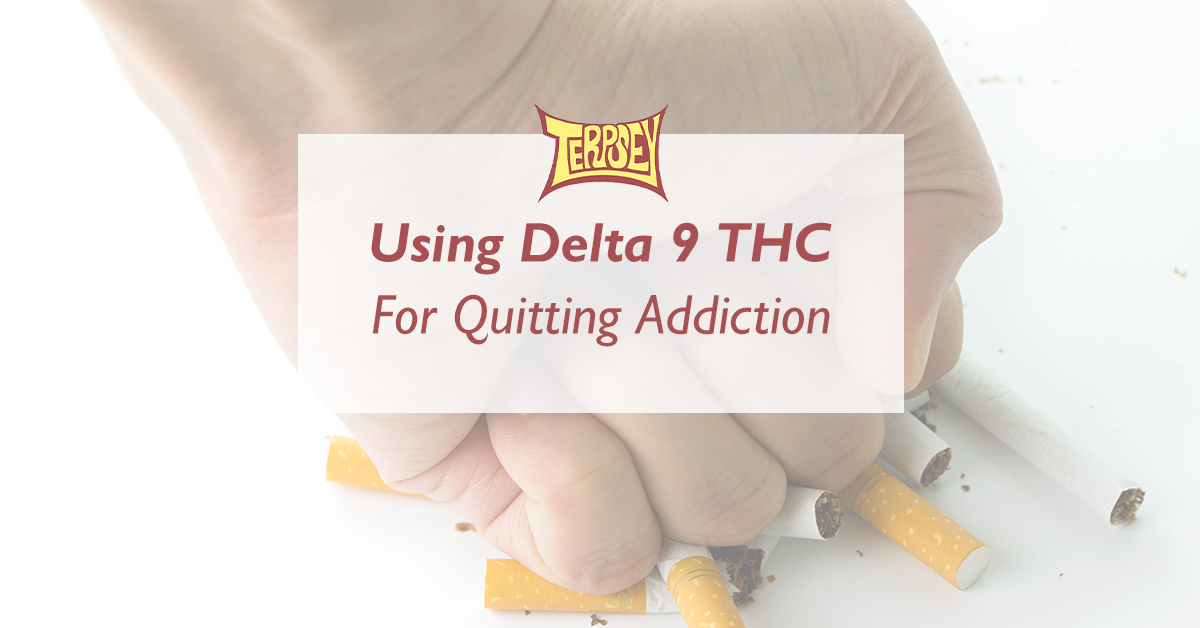Quitting addictions is a difficult task. For this, users need a cure of high potency to help themselves in quitting addiction. Delta 9 THC for quitting addiction is the best formula so far. However, addiction impairs your impulse control and judgment by affecting the frontal cortex of your brain. It alters the brain reward system such that memories of earlier pleasures stimulate cravings or greater “hunger” for drugs.
Despite knowing that the consequences are harmful, these alterations in the brain can make quitting incredibly tough. However, note that addictions are treatable with the right plan and resources. These days, many people are turning to Delta 9 THC for quitting addiction. To know how to administer THC for quitting addiction, go through this post.
Withdrawal Symptoms
Many factors—biological, physical, emotional, and mental—make the quitting process complicated. You may suffer withdrawal symptoms when you stop using a substance or engaging in an addictive activity. These symptoms often get alleviated when you resume taking the drug or doing the same thing again. But if you are using Delta 9 THC for quitting addiction, they usually disappear permanently over time.

Physical Symptoms
When you leave addictions, you may experience some unpleasant physical withdrawal symptoms. Quitting becomes more challenging with these withdrawal symptoms. Hereby, Delta 9 THC for quitting addiction is a favorable remedy to alleviate these physical symptoms.
- Fatigue
- Aches and pain
- Nausea
- Diarrhea
- Runny nose
- Sweating
- Appetite change
- Restlessness
- Heart palpitations
- Shivering
Psychological Symptoms
Besides causing physical symptoms, quitting may affect your mood and emotional health. Signs of psychological withdrawal symptoms include:
- Agitation
- Insomnia
- Anxiety
- Depression
- Intense craving
- Irritation
- Difficulty focusing
- Paranoia
- Panic attacks
- Short-term memory loss
You may experience these symptoms depending on the nature of your addiction. For example, smoking, snorting, and injecting narcotics produce more acute symptoms than taking drugs orally. Accordingly, some issues may last a week or two, while others may take a longer time to go. The good news is that you can quit regardless of the complexity involved. Many people have overcome their addiction with the help of delta-9 THC.
Delta 9 THC: A Brief Overview
THC is one of the hundred chemical elements in the Cannabis sativa (hemp) plant. It is the primary psychoactive ingredient that produces a euphoric sensation. Federal agencies have set limits for incorporating THC in a particular product for user safety.
THC is a well-known natural treatment for several common medical conditions. It belongs to the group of chemicals known as cannabinoids, which interact with the human ECS (endocannabinoid system). It binds to cannabinoid receptors in the brain and stimulates neurons affecting memory, thinking, coordination, and sleep cycles. It can mimic endogenous substances and help overcome ECS deficiency triggered by addiction.
From a recreational standpoint, it offers an enjoyable experience. Using Delta 9 THC for quitting addictions provides people with a feeling of relaxation. However, these days THC is highly sought after for medical reasons rather than intoxication. Manufacturers blend it with other substances for a more relaxing and subtle effect.
According to the 2018 farm bill testimony, hemp-based goods containing THC up to 0.3 percent (on a dry weight basis) are safe. Low THC levels will provide medicinal benefits with a manageable euphoric high. Even though it meets everyone’s needs, the effects vary depending on the amount of dose and individual tolerance.
Delta-9 THC For Quitting Addiction
A preliminary study examines the effects of using cannabis instead of alcohol. Researchers found that cannabis could help reduce drinking and related difficulties in alcoholics. Though studies relating THC to addiction recovery are insufficient, experts assert that the user will sense a difference. The compound inhibits the brain region triggered by cigarettes, heroin, nicotine, and alcohol. Its anti-inflammatory and antioxidant qualities prevent your body from being overrun by free radicals. It works to neutralize harmful cells and guard against typical medical conditions like cancer and heart stroke.
Additionally, research shows that THC boosts dopamine neuron activity and activates serotonin receptors. These chemicals are essential for reducing anxiety and maintaining overall well-being.
Some other reasons why people prefer using THC include the following facts:
- Compared to alcohol, THC is less harmful (it has fewer side effects).
- Alcohol overdose is riskier than consuming too much cannabis.
- Cannabis use involves lower healthcare expenditures than alcohol use.
Benefits Of Using Delta-9 THC For Withdrawal
THC can help people discontinue or reduce using other substances by providing a similar level of enjoyment. It may alleviate some withdrawal symptoms and provide an easy way to manage negative feelings during recovery. While cannabis use carries some risks, it may help in damage reduction. Compared to other substances, it may lower the chances of health issues. Moreover, it does not provide the same risk of a lethal overdose as other substances. For more clarification, let us know how THC can help deal with addictive behaviors.
Reduce Pain
Muscle cramping is a common sign of substance usage or drug addiction. It also refers to muscle spasms. While over-the-counter medications may help with spasticity, they are not always reliable. THC is a well-known analgesic medication that can help with all pain types, no matter how severe. Research shows that THC produces anti-spasmodic and muscle relaxant effects. It helps manage chronic head pain, body aches, and muscular spasticity.
Eases Nausea
People addicted to drugs experience uncomfortable and unpleasant withdrawal symptoms such as nausea and vomiting. Mild to severe sick feelings may remain even after quitting the substance. Vomiting repeatedly can cause stomach and esophageal damage. It is wise to seek ways to alleviate such symptoms at the earliest. THC can effectively help with withdrawal-induced nausea and vomiting. A preliminary study reveals the anti-emetic potential of cannabinoids, including CBD and THC.
Alleviates Anxiety
Substance abuse can adversely affect your relationships, health, and livelihood. Since the body and brain get exposed to a substantial amount of drugs, recovering from addiction takes time. During persistent intoxication and withdrawal, anxiety symptoms frequently appear. So, having an effective mechanism for alleviating stress and anxiety is essential for recovery. In an observational trial, researchers found that medical cannabis reduced anxiety and depressive symptoms.
Uplifts Mood
Addicts may experience mood fluctuations while going through withdrawal or experiencing drug cravings. They could appear euphoric one minute and angry or nervous the next. As a result, people may develop physical withdrawal symptoms such as night sweats or headaches. Fortunately, THC can help those having addiction-related mood swings, pain, and discomfort. Anecdotal data and clinical research suggest that medical cannabis could act as a mood stabilizer.
Improves Appetite
Food addiction is when you have cravings, but satisfying or ignoring them becomes tough. Some people have the urge to eat something, despite having already eaten their meal. Generally, eating much more than intended could upset your stomach. Likewise, quitting smoke or alcohol could disrupt your normal digestive functioning. Medical cannabis plays a significant role in regulating appetite and managing weight via ECS. A 2009 study shows that phytocannabinoids can help ease your food craving and food pleasure.

Conclusion: THC For Quitting Addictions
Our brain tends to seek peace and joy. Things that give us pleasure trigger brain chemistry in a way that motivates us to repeat those acts. The same logic applies to using mind-altering substances. If you continue to use them, you may develop a physical dependency. Then, if you take a break, many issues could appear as withdrawal symptoms. For example, it may result in insomnia, headache, impatience, low appetite, and a negative mood. However, all these problems are manageable with delta-9 THC.
Many people seek Delta 9 THC for quitting addiction. They believe THC is safer, less addictive, and highly effective for relieving withdrawal symptoms. It is easier to access and socially acceptable also. However, before you go for THC products, consult your doctor and take advice on an adequate dose. Remember, hemp-sourced goods with THC up to O. 3% are safe for human consumption. An overdose could cause an intolerable euphoric high along with other side effects. So, it is best to stay on the safe side and consume THC wisely to quit addictions.
Why Delta 9 is the Best Type of THC?

